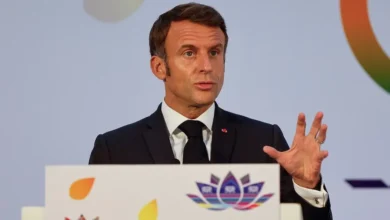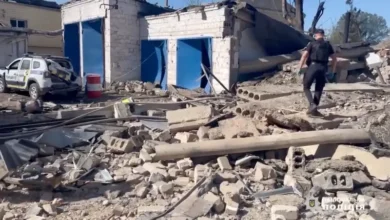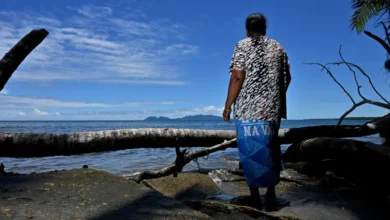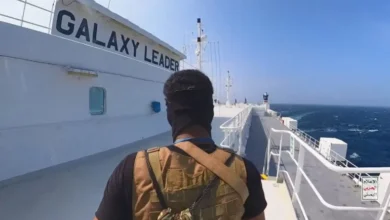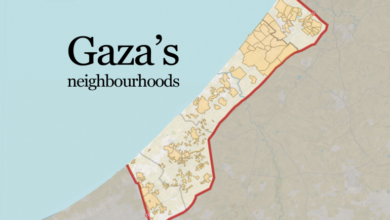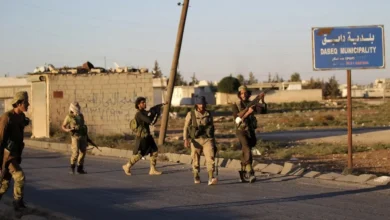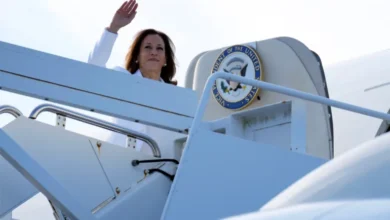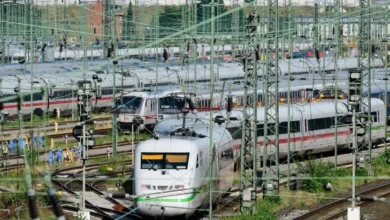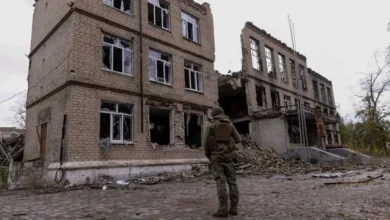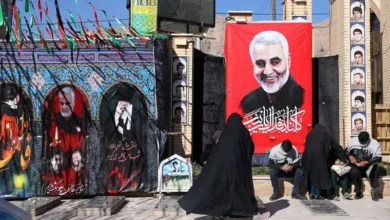China is learning from Putin’s war in Ukraine, NATO Chief warns
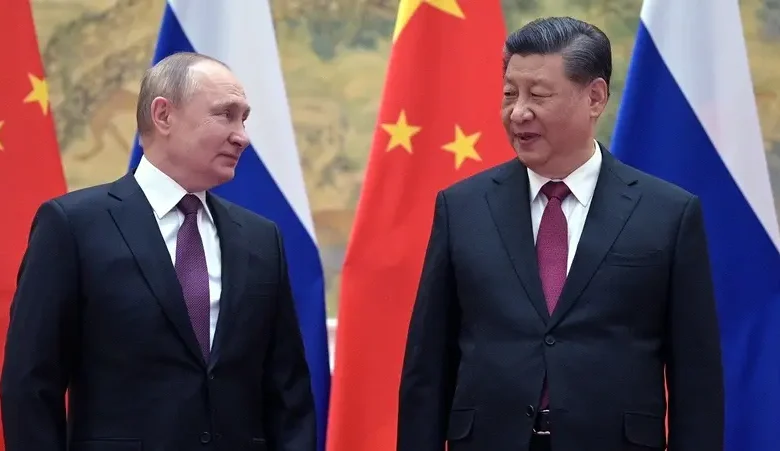
Beijing is closely watching Russia’s war in Ukraine and learning lessons that may influence future decisions, NATO Secretary General Jens Stoltenberg said, stressing warnings about China’s behavior including its threats toward Taiwan.
“If President Putin wins in Ukraine, this would send a message that authoritarian regimes can achieve their goals through brute force. This is dangerous, Stoltenberg said at a joint press conference with Japanese Prime Minister Fumio Kishida in Tokyo. “What is happening in Europe today could happen in east Asia tomorrow.
Russia’s invasion of Ukraine has triggered fears in Japan that China could be emboldened to make a similar bid for Taiwan, a move that Tokyo sees as directly affecting its own security.
At the press conference, Stoltenberg stressed that the alliance and Japan both agree that “transatlantic and Indo-Pacific security is deeply interconnected, adding that “what happens in this region matters to NATO.
European allies are increasingly conscious of the growing security threat China poses in a variety of arenas, particularly in the long term. The NATO chief repeated warnings about China’s efforts to build up its military and nuclear weapons, as well as what he described as bullying behavior toward its neighbors and efforts to control critical infrastructure while spreading disinformation about the alliance.
“We reaffirmed that we would take Japan-NATO cooperation to a new level, in concrete terms by developing cyber ties, Kishida said. “We welcome NATO interest and involvement in the Indo Pacific. Japan will set up a NATO representative office and consider taking part in various NATO meetings regularly, Kishida added.
In a joint statement outlining plans to boost cooperation between NATO and Japan, Stoltenberg and Kishida highlighted “with concern Russia’s growing military cooperation with China, including through joint operations and drills near Japan. They also said they “strongly oppose any unilateral attempts to change the status quo by force or coercion in the East China Sea, urging “a peaceful resolution of cross-Strait issues.
The North Atlantic Treaty Organization, which includes the US, Canada and European members, mentioned China for the first time in its 2022 Strategic Concept, laying out the alliance’s priorities for the coming decade.
NATO leaders agreed at their summit last June, also attended by Asia-Pacific partners like Japan and Australia, that China posed a “systemic challenge and warned about a deepening strategic partnership between Beijing and Moscow.
Stoltenberg also voiced concerns about North Korean nuclear activity and its ballistic missile tests. He called out the country for delivering missiles to the Russian Wagner group for use against Ukraine.
